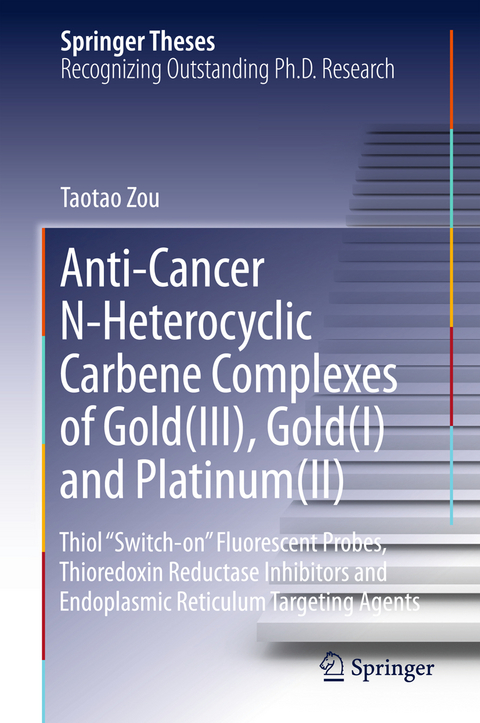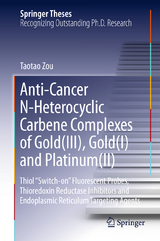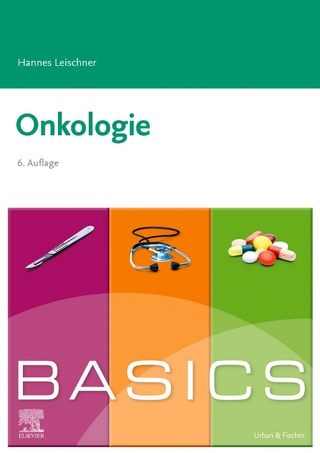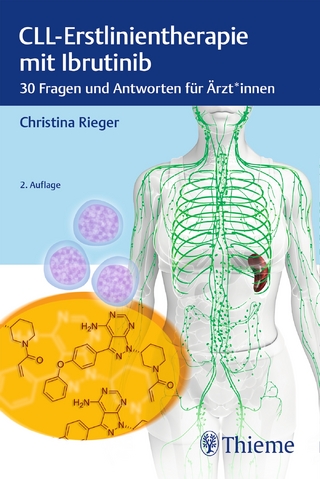Anti-Cancer N-Heterocyclic Carbene Complexes of Gold(III), Gold(I) and Platinum(II)
Thiol “Switch-on” Fluorescent Probes, Thioredoxin Reductase Inhibitors and Endoplasmic Reticulum Targeting Agents
Seiten
2016
|
1st ed. 2016
Springer Verlag, Singapore
978-981-10-0656-2 (ISBN)
Springer Verlag, Singapore
978-981-10-0656-2 (ISBN)
This thesis focuses on the development of gold- and non-classical platinum-based anti-cancer agents that display distinctively different anti-cancer mechanisms compared to the commonly used cisplatin. These metal complexes contain N-heterocyclic carbene (NHC) ligands which are able to form strong M-C(NHC) bonds, conferring high stability and favorable lipophilicity, reactivity and binding specificity of metal complexes on biomolecules. The author demonstrates significant advances made in anti-cancer gold(III), gold(I) and platinum(II) complexes. Detailed chemical synthesis, in vitro and/or in vivo anti-cancer activities are clearly presented including: (i) a class of Au(III) complexes containing a highly fluorescent N^N^N ligand and NHC ligand that simultaneously act as fluorescent thiol “switch-on” probes and anti-cancer agents; (ii) a dinuclear gold(I) complex with a mixed diphosphine and bis(NHC) ligand displaying favorable stability and showing significant inhibition of tumor growth in two independent mice models with no observable side effects; and (iii) a panel of stable luminescent cyclometalated platinum(II) complexes exhibiting high specificity to localize to the endoplasmic reticulum (ER) domain, inducing ER stress and cell apoptosis. These works highlight the clinical potential that gold and platinum complexes offer for cancer treatment.
Introduction.- Experimental Section.- Gold(III) Complexes
Containing N-Heterocyclic Carbene Ligand Serve as Dual Fluorescent
Thiol “Switch-on” Probe and Anti-Cancer Agent.- A Binuclear Gold(I) Complex
with Mixed Bridging Diphosphine and Bis(N-Heterocyclic Carbene) Ligands Shows
Favorable Thiol Reactivity and Effectively Inhibits Tumor Growth and
Angiogenesis in Vivo.- Luminescent Organoplatinum(II)
Complexes Containing Bis(N-Heterocyclic Carbene) Ligands Selectively Target
Endoplasmic Reticulum and Induce Potent Phototoxicity.- Summary and Evaluation.
| Erscheinungsdatum | 22.03.2016 |
|---|---|
| Reihe/Serie | Springer Theses |
| Zusatzinfo | 79 Illustrations, color; 100 Illustrations, black and white; XIII, 164 p. 179 illus., 79 illus. in color. |
| Verlagsort | Singapore |
| Sprache | englisch |
| Maße | 155 x 235 mm |
| Themenwelt | Medizin / Pharmazie ► Medizinische Fachgebiete ► Onkologie |
| Naturwissenschaften ► Biologie ► Biochemie | |
| Naturwissenschaften ► Chemie ► Anorganische Chemie | |
| Naturwissenschaften ► Chemie ► Organische Chemie | |
| Schlagworte | Cell imaging • Gold-based anti-cancer agents • Inorganic medicine • Metal complex • N-Heterocyclic Carbene • Platinum-based anti-cancer agents |
| ISBN-10 | 981-10-0656-3 / 9811006563 |
| ISBN-13 | 978-981-10-0656-2 / 9789811006562 |
| Zustand | Neuware |
| Informationen gemäß Produktsicherheitsverordnung (GPSR) | |
| Haben Sie eine Frage zum Produkt? |
Mehr entdecken
aus dem Bereich
aus dem Bereich
Korrigierter Nachdruck 2020 mit allen Ergänzungen der UICC aus den …
Buch | Softcover (2020)
Wiley-VCH (Verlag)
42,90 €
30 Fragen und Antworten für Ärzt*innen
Buch | Softcover (2023)
Thieme (Verlag)
4,99 €




